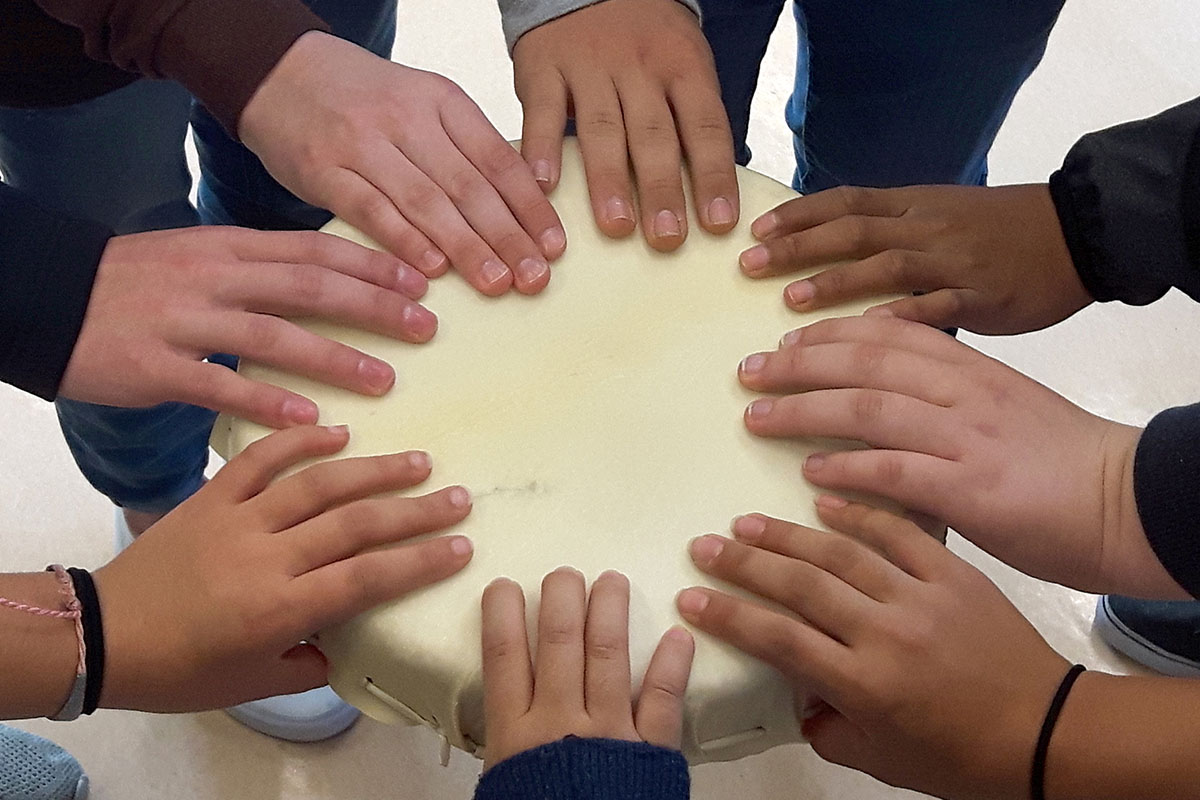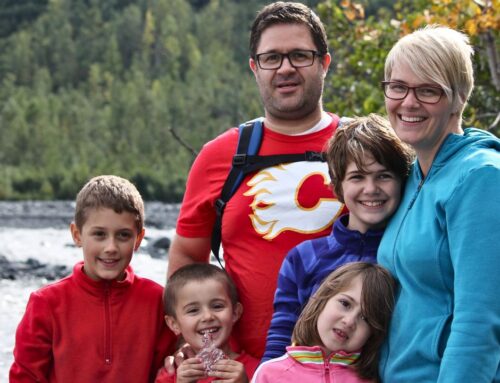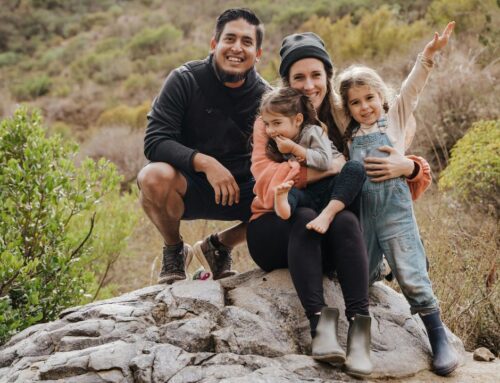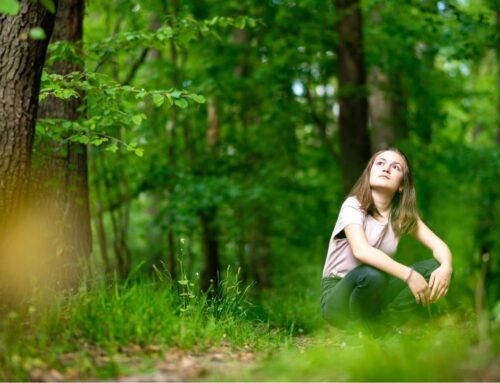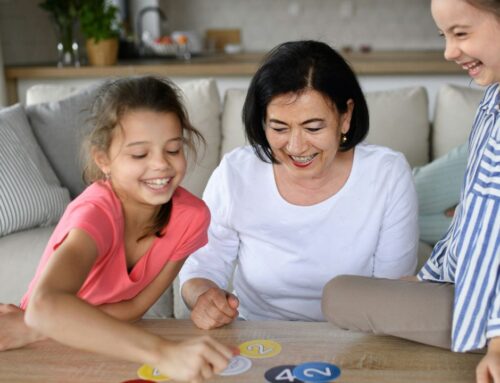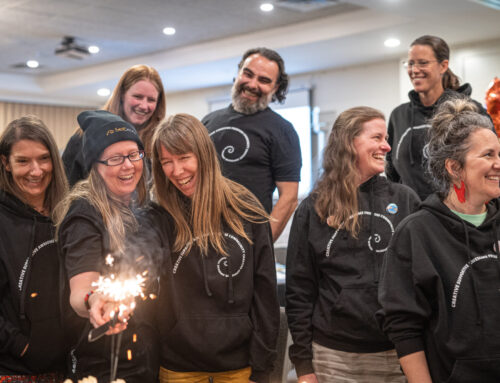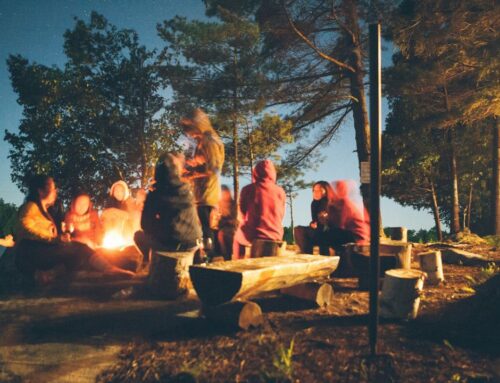Reconciliation, says SelfDesign® Learning Foundation Principal of Educational Programs Nikki Kenyon, is one of Canada’s great challenges and opportunities with which today’s learners will engage.
“Collectively, we have taken the first steps towards creating systemic change and healing the trauma of residential schools on First Nations peoples in British Columbia and elsewhere in Canada,” she says. “Today’s learners are tomorrow’s leaders, and they will be the ones to carry reconciliation through and see it made part of everyday thought and action.”
SelfDesign has been working with intent to build those cultural bridges across and throughout our own organization. Our efforts are driven by the more than 80 recommendations put forwards by SelfDesign’s Indigenous education task force, which was comprised of a First Nations elder, a First Nations SelfDesign parent and learner, and SelfDesign educators who included those with Indigenous heritage.
SelfDesign Indigenous Education Coordinator Patricia Collins is tasked with implementing those recommendations.
“My role is to really unpack those recommendations,” she says. “My first step was to organize them into a few overarching pillars, which guide all of the work that I do to integrate these messages and approaches into our work and learning at SelfDesign.”
The goal, Patricia says, is to build capacity throughout the SelfDesign community for intercultural understanding, empathy and mutual respect. This includes supporting our Indigenous and Non-Indigenous learners with opportunities for place-based and culturally significant learning in local communities with local knowledge keepers. It means providing access to culturally appropriate, authentic and relevant learning resources and activities related to Indigenous history and culture in Canada, and supporting and empowering learners, families and educators to grow a shared understanding of the diversity of Indigenous cultures and perspectives.
It also means considering all of SelfDesign’s programs and offerings through the lens of the First People’s Principles of Learning. These principles are a suite of beliefs that recognize, for example, that learning supports the well being of learners, their families, communities, the land, spirits and ancestors, is experiential and based on relationships, involves family across generations, recognizes the role of Indigenous knowledge and traditions, involves patience and time, and requires learners explore their own identity.
If you’ve been a SelfDesign learner, parent or educator for a while, many of those principles may sound familiar to you.
“It’s about relationship,” Patricia says. “It’s about being responsive to young people…. The principles also recognize that there’s a need for time and patience in the learning cycle. Those are all First People’s Principles of Learning and part of SelfDesign practice.”
SelfDesign’s inclusive, supportive approach to learning, its philosophical alignment with First People’s Principles of Learning, and its recognition that reconciliation will be one of the most important challenges facing today’s learners in the years to come facilitate the challenge of integrating Indigenous perspectives and worldviews into the SelfDesign learning community.
~

